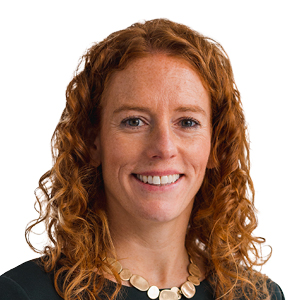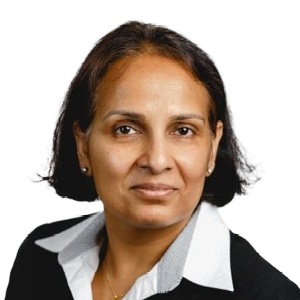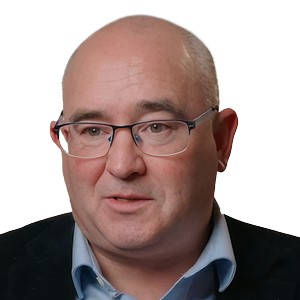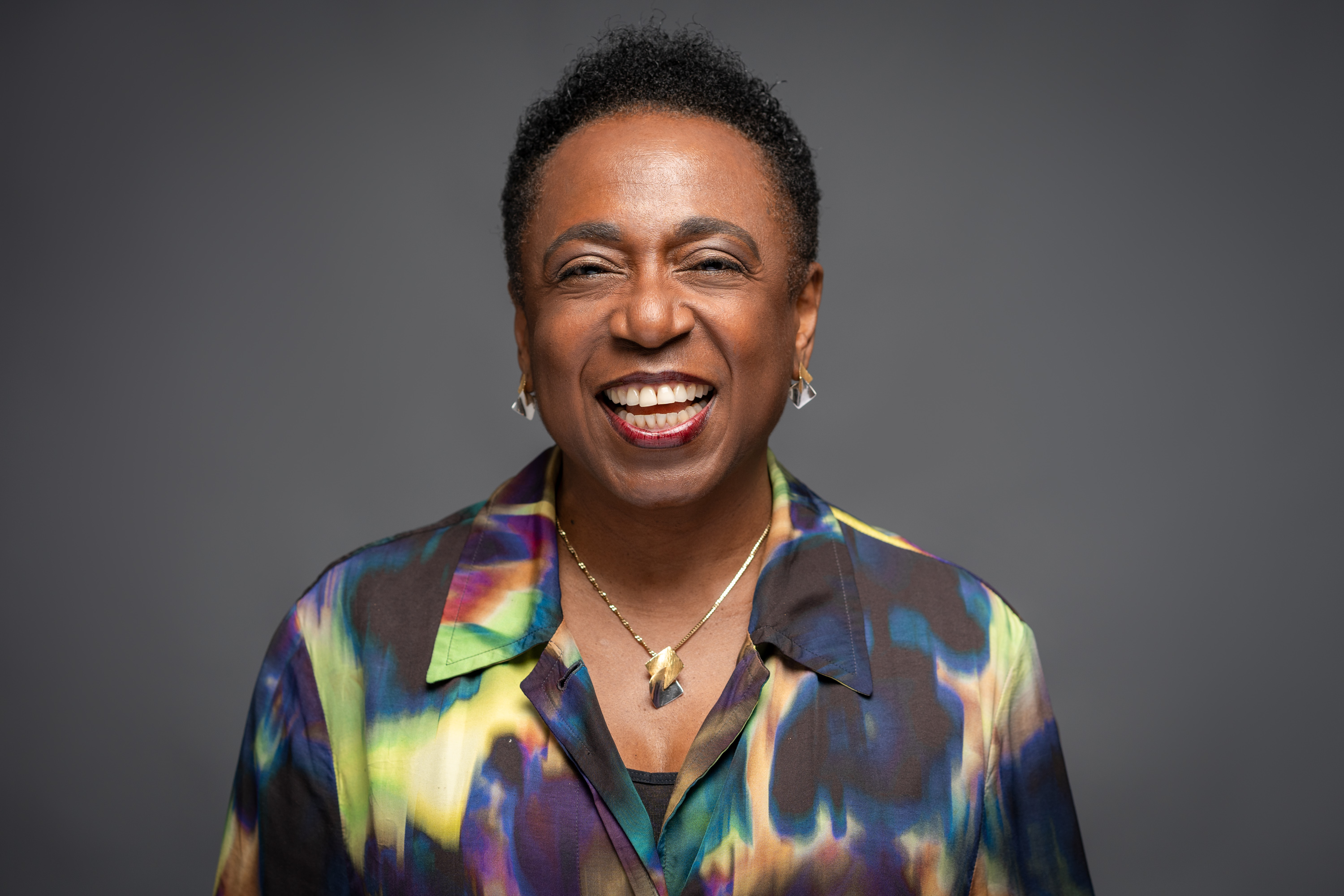A seemingly endless stream of unprecedented external events over the last several years have left businesses scrambling to adopt new positions in the face of adversity. In one sense, this new-found agility has saved many from the brink of collapse. But while the dust is still settling, it has become pertinent to ask if this tactical shift has come at the expense of long-term strategy.
This was one of the questions posed to financial leaders at Criticaleye’s 2022 CFO Retreat, held in association with Tata Consultancy Services and Workday. Attendees from across the business sphere considered whether Boards could be both tactical and strategic in an era where the only certainty is constant change.
Emma Hayes, CFO of Ideagen, referred to the impact of a fast-moving environment on organisations: “I’m fortunate to work in a business that is rapidly evolving. I think that the tactical becomes strategic in this very evolutionary environment.
“It's almost impossible to do anything the same way today that you did 12 months ago, because we're having to evolve so much,” she acknowledged. “Whether that's from talent planning and organisational design to the software systems that we're using to run the business.”
Clearly, the ability to adapt must be baked into any company’s long-term strategy, according to
Emma. This sentiment was echoed by Covanta Energy CFO
Priya Chowdhary, who deemed flexibility even more key given the current financial pressures on businesses and the broader recessionary environment.
“I think the way we think and work in finance, or in any function, has to change and we need to embrace uncertainty to a very large extent,” Priya said. “In front of the Board, you have to be strategic. But when you deliver, you need to be tactical.
“To measure performance and productivity, you need a workforce or a team of people who are willing to have that adaptability and accept change. And if you have that mindset, you will be successful.”
A case for pragmatism?
However, there’s no doubting that Boards are currently under the cosh given the dizzying list of macroeconomic challenges that are impacting day-to-day operations, financial performance and all stakeholders. CFOs in particular might feel the weight of the fiscal burden resting squarely on their shoulders.
In the midst of the very immediate and intense pressures that are playing out, CFOs – on the face of it – could be forgiven for succumbing to a more pragmatic overall approach, just to steady the ship during the current period of volatility.
“What you're seeing is practicality across different investment structures that is based on a tightening up of accounts,” said
Matthew Blagg, CEO of Criticaleye. “High interest rates are having a huge impact on businesses and there’s more complexity around currencies, which is massively important for CFOs on a global level.
“The macroeconomic currency situation is completely destabilising markets, so we’re seeing more private equity-backed firms in distress and banks tightening relationships with borrowers. So, CFOs are spending more time looking at all these amplified components and that isn’t going to change anytime soon, which just increases the odds of burn out,” Matthew warned.
Similar stresses are being felt by finance directors within publicly listed companies, where there is the added pressure of regular reporting and the short-termism often associated with achieving quarterly targets to meet shareholder expectations.
The impact of the current environment on business leaders was laid bare by the results of an interactive activity which asked for one word to describe the current mood within Boardrooms. Responses ranged from 'cautious', 'tense', 'uncertain', 'apprehensive' and 'stressed'.
Yetunde Hofmann, Non-executive Director at Treatt plc and a Board Mentor at Criticaleye, noted “the continuous disruption we see in the world today”, but took the opportunity to remind her peers of the importance of sticking to long-term strategy.
“There isn't a playbook available today for any Board that says: ‘This is how you operate,' in the current market. When you're trying to knuckle down to do all that you can to hit those numbers you’ve forecasted and/or reforecasted to the City, the last thing you need is your Board saying: ‘Let's take some time out to look at our five-year and ten-year horizons.'
“But the strategy comes in by remembering your purpose, remembering what you set out to do, remembering the outcome of those carefully executed strategic discussions. Doing this will help you as a Board to hold true to what you believe in, even in the face of adversity. You can be strategic, even in a time of disruption. But it's a matter of how and when,” she explained.
Yetunde’s viewpoint alluded to a need for real conviction in the long-term strategy and a sense of unison within the Boardroom, for a business to continue sailing in the right direction through the current storm. Alignment between the CEO and CFO is particularly key, according to Matthew, although he added that there’s also a need for diversity of thought in certain areas.
“The relationship between the CEO and CFO often manifests itself out into the wider team, so you’ve got to be able to come together while also having the ability to look at things from different angles,” he said. “That combination has always been important but now we’re in a societal environment that is shifting and changing. Markets are also shifting, so by its very nature you've got to have access to different insight and fresh thinking.”
Building a leadership team with a wide range of experience and skillsets is clearly something that can add major value to any business. But there is one area that shouldn’t be compromised by disparate thinking, in Emma’s view: “I mean values. I think it's hugely important that you blend in people from different backgrounds and create a diverse environment.
“The most successful teams and Boards I’ve worked with have combined people with very diverse experience and ways of thinking, but who also have strong shared core values and a clear mission, she asserted.”
The role the CFO plays in driving long-term vision is indispensable. This is even more so the case in the current climate with finance leaders under pressure to deliver results and remain strategic amidst a multitude of economic and geopolitical headwinds, but an exemplary CFO will find a way to navigate tactical and strategic decisions.
“We can’t be seen as just bean counters anymore,” said Priya. “We are part of the overall strategy of the business - we live and breathe that strategy - and support the CEO in its delivery.”
Jacob Ambrose Willson, Senior Editor, Criticaleye



